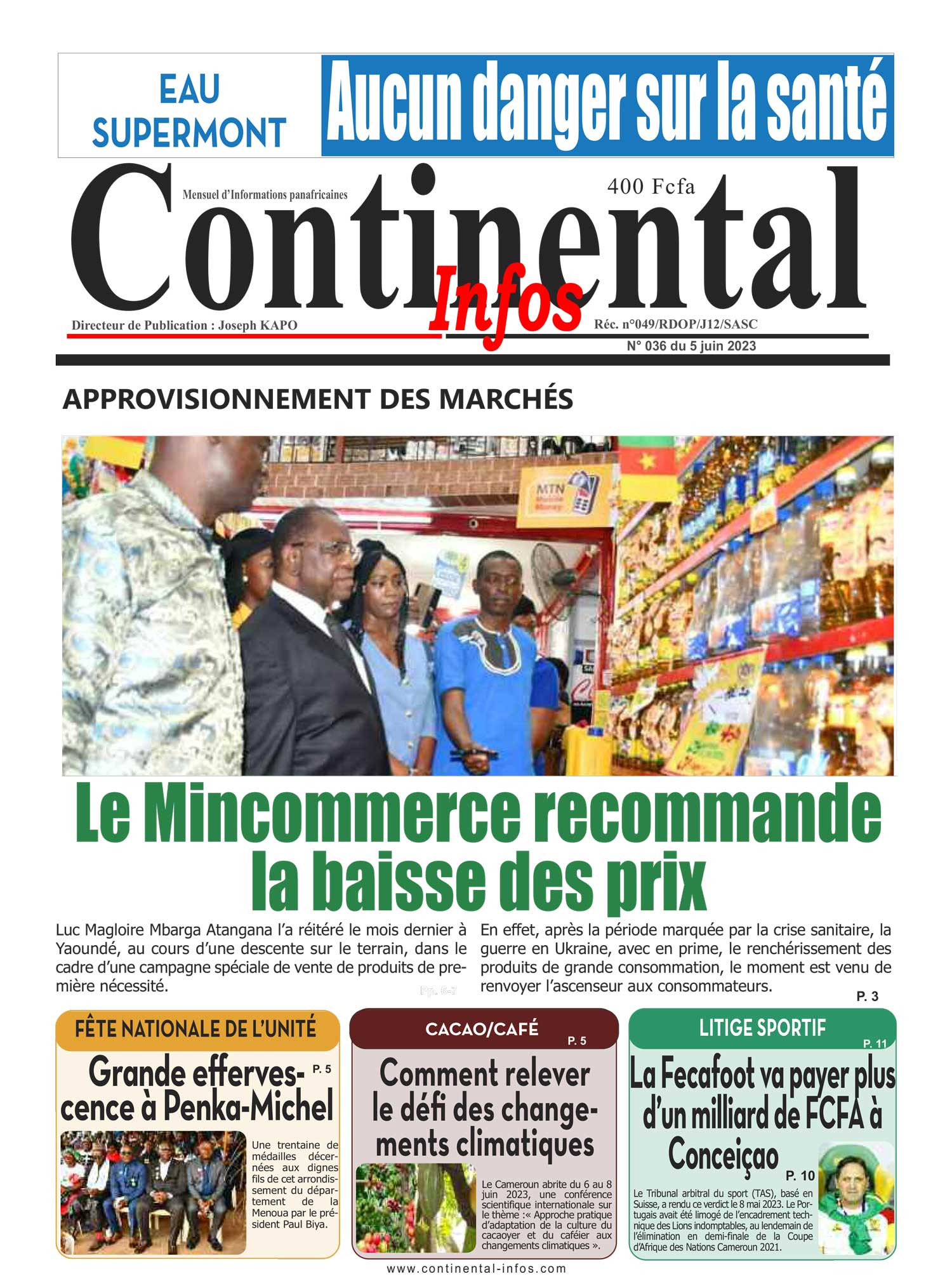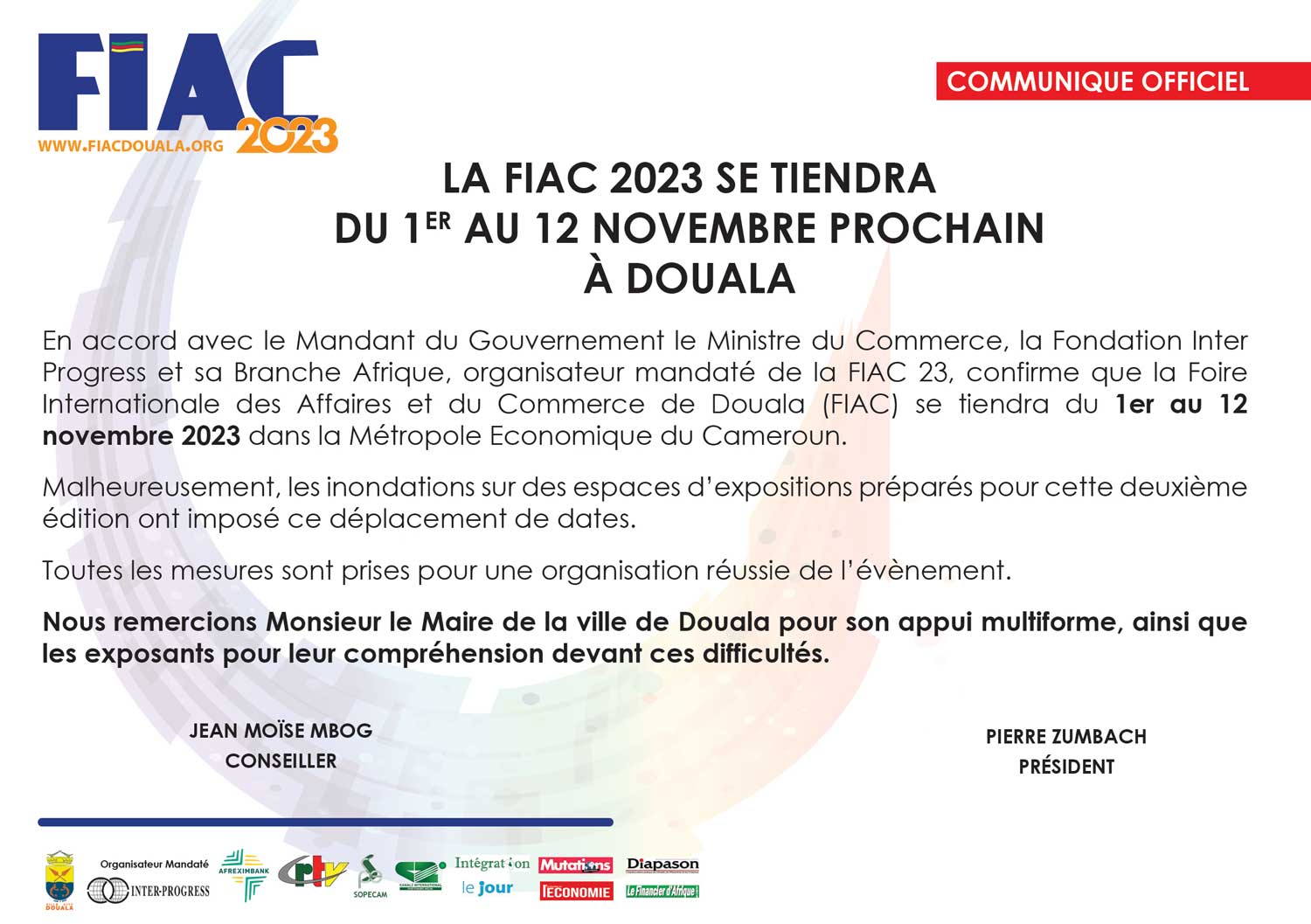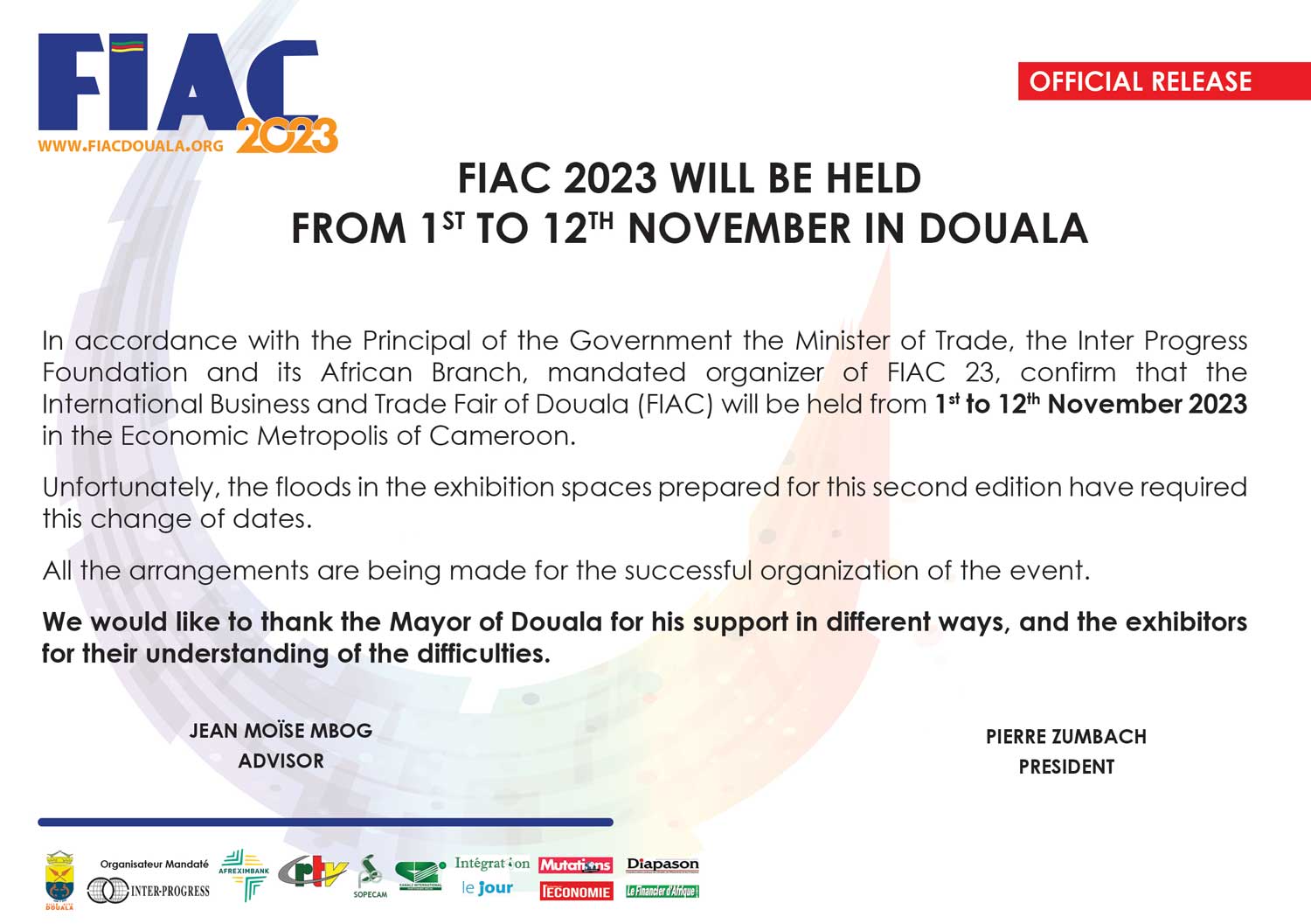INFORMATION & COMMUNICATION DIRECTORATE
Press Release No: 075/2024 Date: Friday, 30th April 2024
Venue: Johannesburg, South Africa
African Union establishes the Southern Africa Network of Traditional Leaders Drug Demand Reduction Network.
In a groundbreaking move, the African Union has established its first a sub-regional network of traditional leaders to be trained in scientific evidence-based methodologies for prevention, treatment and care of drug dependency to widen the reach of community interventions amid a growing challenge of substance use disorders on the continent especially among youth, women and children.
TheSouthernAfricaNetworkofTraditionalLeadersinDrugDemandReduction(SANTLDDR)wasformedatacontinentalconsultationfortraditionalleadersfromcountries of the Southern Africa Development Community (SADC) held from 08-11 April2024 in Johannesburg, South Africa. African countries are experiencing an upsurge inpublic health problems as a result of the increased availability and use of psychoactivesubstancestraffickedintothecontinentandalsoproducedlocally.
Cannabis and khat have traditionally been grown and widely consumed in Africa forcenturies. These have been complemented by opiates such as heroin and stimulants likecocaine and methamphetamine, which are increasingly trafficked into the continent withease.Therehasalsobeenanewthreatposedbythemeteoricriseinnewsyntheticdrugswhilepharmaceuticalopioidssuchastramadolandcoughsyrupscontainingcodeineareinvariably diverted for illicit misuse. Drug use and related mental health disorders havebecomeanalbatrossaroundthenecksofmanyAfricanUnionmemberstates,threateningfragilehealthcaresystemsstrugglingtorecoverfromtheCOVID-19 pandemic.
SpeakingduringtheopeningoftheConsultation,AfricanUnionCommissionerforHealth,Humanitarian Affairs and Social Development, HE. Amb. Minata Samate Cessouma saidthe challenge of Substance Use and Related Mental Health Disorders required multi-sectorialsolutions.
“As we confront the challenge before us, we must explore indigenous and inclusive ways to strengthen safety nets. Mental health support, resilience-building, and community engagement are essential components of our strategy,” said the Commissioner in a speech read on her behalf by Ms. Angela Martins, Ag. Director, Health, Humanitarian Affairs and Social Development.
Also speaking during the Consultation, South Africa’s Minister of Social Development,Hon. Ms. Lindiwe Zulu said the demand for, and consumption of drugs in traditionalcommunitiesrepresentedthedarksideofintegratedglobalandregionalcommunicationand transportation networks through which harmful substances found their way intocommunities.
“While promoting economic activities, collective prosperity, freedom, human dignity and non-sexism, the SADC sub-region’s traditional leadership must be among the governance structures that assume leading roles in preventing and eliminating harmful elements, in particular substance abuse, that are threatening to destroy our shared social fabric,” saidMs Zulu.
The United Nations Office on Drugs and Crime (UNODC) welcomed the inter-regionalstructureforTraditionalLeadershipinDrugDemandReductionandpledgeditssupport.
UNODC Regional Office for Southern Africa, Dr Jane Marie Ong’olo, Regional Representative, said “The first point of contact is indeed traditional authority in all rural communities. Evidence-based treatment for SUDs is needed, not punishment and stigmatization and it is for us to change the trajectory towards a health approach.”
Thetraditionalleadersbrainstormedasub-regionalactionplanwhichwillbevalidatedatameetingscheduledforArusha,TanzaniainSeptember.AllMemberStatesinSADCweretasked with establishing and operationalizing national networks of traditional leaders indrugdemandreduction.
The establishment of the SANTLDDR follows the establishment last year of the SouthAfricaTraditionalandKhoisanLeadershipNationalNetworkofTraditionalLeadersinDrugDemandReduction as apilotinitiative.
The extensive and ubiquitous network of traditional leaders, with considerable influenceover many communities on the continent, could be leveraged to provide a uniqueplatformandtheopportunityforpeopletoaccessdruguseprevention,drugusedisorders treatment, rehabilitation and re-integration services. Engagements at a recentAfricanUnionConferenceondrugdemandreductionhighlightedthepotentialcontributionofTraditionalLeadersindrugdemandreductioninparticularpsychoeducation, prevention, early identification, and basic counselling and referral forassessment and treatment. However, this requires supportive tools, training and capacitybuilding.
Cultural heritage could be pivotal to achievement of objectives of the African Union’sAgenda2063,whichisthecontinent’ssharedstrategicframeworkforsocio-economic transformation towards an integrated, prosperous and peaceful Africa – ‘The Africa Wewant’.
The role of traditional leaders in this commitment is very significant. “Traditional leaders have been identified as key role players in the fight against drugs, given the huge following they command, and the negative impact of drug and substance abuse in traditional communities.” His Majesty Kgosi Thabo Seatlholo, Interim Chairperson of SANTLDDR underlined.
Strengthening this, Honorable Prince Zolile Burns-Ncamashe, the Deputy Minister for Cooperative Governance and Traditional Affairs, said “we are not lacking in terms of legislative and policy direction. All that is needed, is the active involvement and impactful response from the traditional leadership in the region.”
About the AU Plan of Action on Drug Control
ThefundamentalobjectiveoftheAU Plan of Action on Drug Control and Crime Prevention (2019-2025) is to improve the health, security and socio-economic well-bein g of the people of Africa by addressing drug trafficking and problematic drug use in all its forms and manifestations and preventing the onset of drug use.
For more information, please contact:
Dr Olubusayo Akinola I Head of Social Welfare, Drug Control and Crime Prevention I African Union Commission I Email: Akinola@africa-union.org
Dr Abel Basutu I Senior Drug Programme Officer I African Union Commission I Email: BasutuA@africa-union.org
For Media inquiries please contact:
Michael Behailu Gabremedhin I Communication Officer, Social Welfare, Drug Control and Crime Prevention I African Union Commission I Email: MichaelB@africa-union.org
Information and Communication Directorate, African Union Commission I E-mail: DIC@africa-union.org I Web: www.au.int | Addis Ababa, Ethiopia | Follow Us: Facebook | Twitter | Instagram | YouTube
Télécharger toutes les pièces jointes sous forme de fichier .zip
-
Press Release – African Union establishes the Southern Africa Network of Traditional Leaders Drug Demand Reduction Network.pdf113.2kB
-
image001.png135.7kB
-
image003.png21.1kB
-
image005.jpg45.5kB










